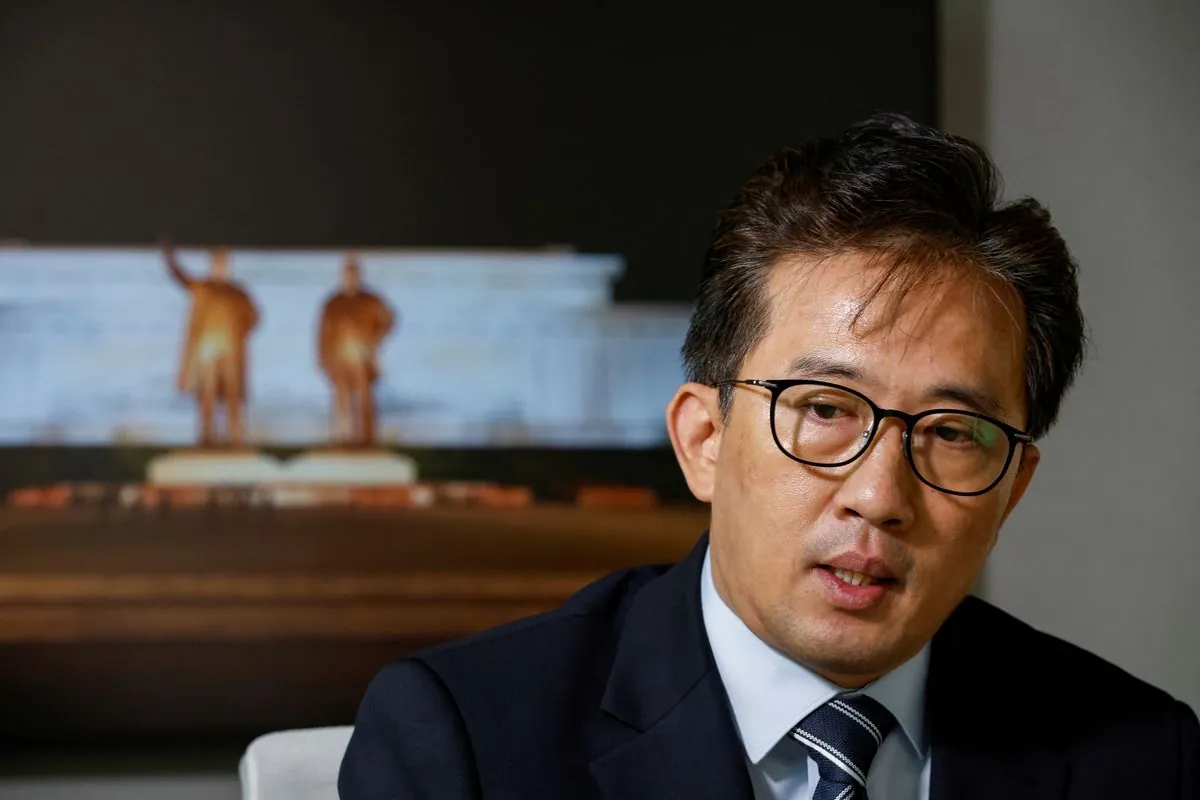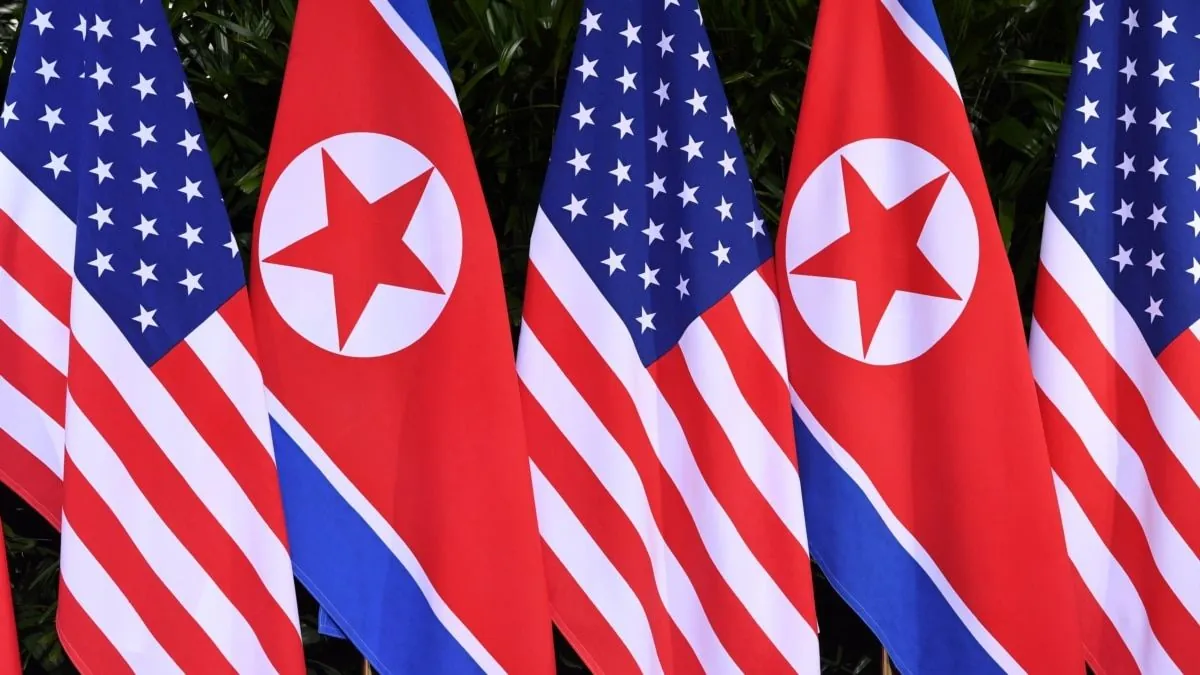Top North Korean Defector Reveals Pyongyang's Diplomatic Strategy
Former North Korean diplomat Ri Il Gyu unveils Pyongyang's plans for nuclear talks and foreign relations. His defection offers rare insights into the regime's diplomatic challenges and potential policy shifts.

Ri Il Gyu, a former high-ranking North Korean diplomat, has provided unprecedented insights into Pyongyang's diplomatic strategies following his recent defection to South Korea. His escape from Cuba marks the most significant diplomatic defection since 2018, offering a rare glimpse into the secretive regime's foreign policy priorities.
According to Ri, North Korea is focusing on strengthening ties with Russia, the United States, and Japan. The regime is reportedly preparing a new negotiation strategy in anticipation of potential nuclear talks, particularly if former U.S. President Donald Trump secures re-election in November 2024.
Ri revealed that Pyongyang aims to achieve several key objectives through these negotiations:
- Lifting of sanctions on its weapons programs
- Removal from the state sponsors of terrorism list
- Securing economic aid

The former diplomat criticized Kim Jong Un's approach to international relations, stating:
"Kim Jong Un doesn't know much about international relations and diplomacy, or how to make strategic judgment"
Ri attributed the failure of the 2019 Trump-Kim summit in Vietnam to Kim's decision to entrust "inexperienced, clueless" military commanders with nuclear diplomacy. He suggested that in future negotiations, North Korea's foreign ministry would likely take charge, potentially leading to a more strategic approach.
The strengthened ties between North Korea and Russia have reportedly bolstered Pyongyang's position. Ri noted that this alliance has provided North Korea with assistance in missile technology and economic support, while also potentially undermining the effectiveness of international sanctions.
Regarding Japan, Ri disclosed that Kim Jong Un might be open to addressing the long-standing issue of Japanese abductees in exchange for economic assistance. This could potentially lead to a summit between North Korea and Japan, marking a significant shift in their relations.
Ri's decision to defect was influenced by personal experiences of mistreatment within the diplomatic corps and the regime's refusal to allow him medical treatment abroad. He also shed light on the severe economic hardships faced by North Korean diplomats, exacerbated by the COVID-19 pandemic.
This defection provides valuable insights into North Korea's diplomatic challenges and potential policy shifts, offering a unique perspective on the inner workings of one of the world's most isolated regimes.


































